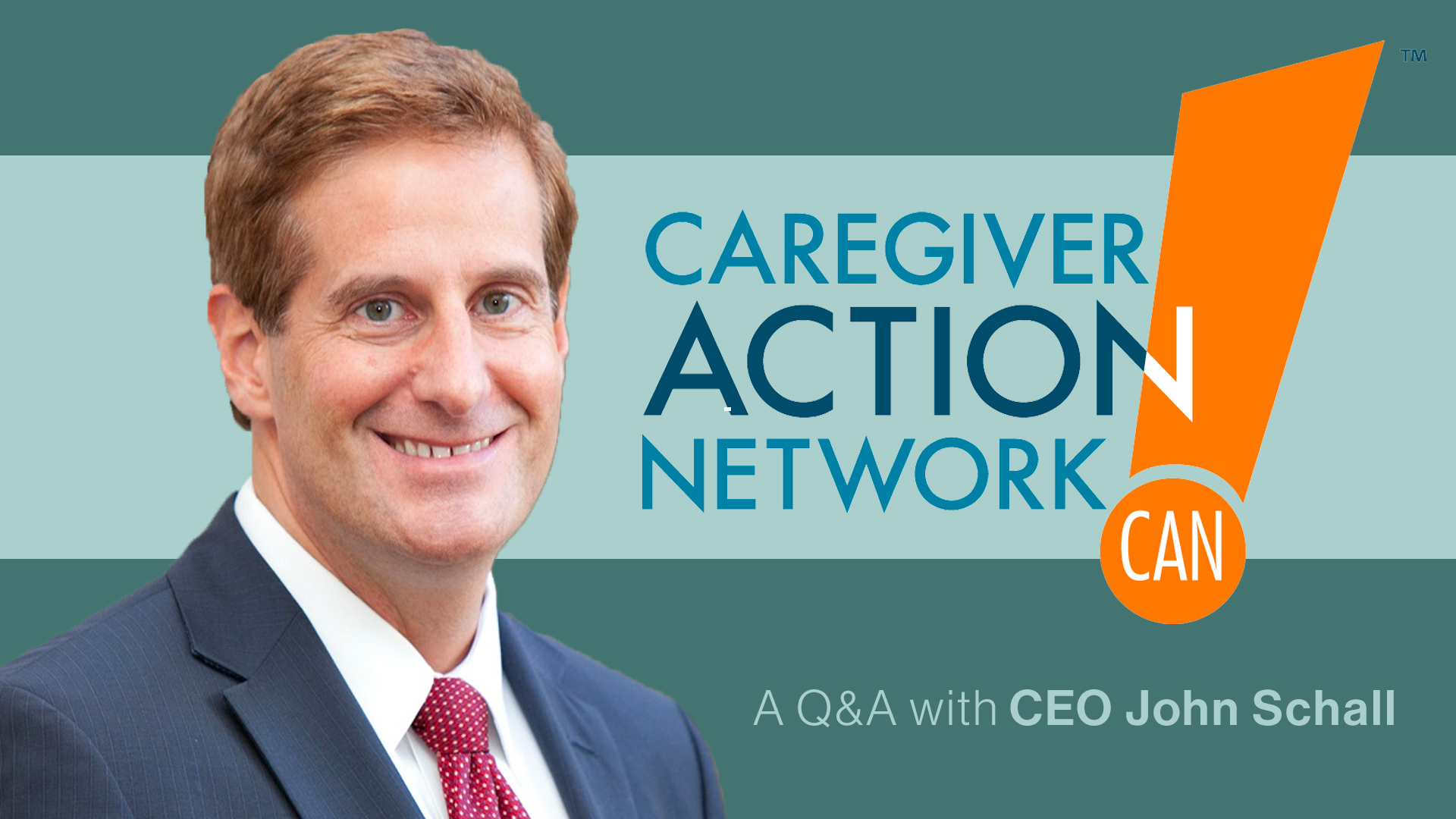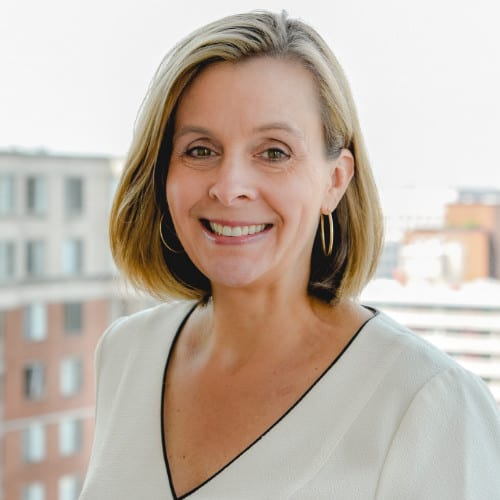More than 90 million Americans serve as caregivers to family members or other loved ones with special health needs—often in addition to working full-time jobs and other commitments. While it’s always a difficult situation, the challenges they face today, in the midst of COVID-19, provide an additional burden—and many companies and brands are in a position to help them.
To help better understand the needs of this group, I recently spoke with John Schall, CEO of Caregiver Action Network, America’s largest family caregiver organization. We discussed how the pandemic has challenged family caregivers and the important role they play in helping meet vaccination goals.

MB: How has the pandemic impacted family caregivers?
JS: The burden on family caregivers burden has increased during the pandemic; we hear it every day with folks contacting CAN’s Caregiver Help Desk. Almost everyone will say that the pandemic has negatively affected them in some way, but for family caregivers, aspects of daily life that were already difficult have become even more so. According to the recent Global Carer Well-Being Index, 65% of American caregivers say the pandemic has made their role harder. They are spending significantly more hours on caregiving than before, with a greater emotional toll and increased feelings of isolation. For many, greater financial demands on a limited budget are a major worry.
MB: What can family caregivers do to manage their own mental and physical health during this time?
JS: Making time for yourself as a caregiver is sometimes easier said than done, but self-care is hugely important. Make sure you watch for signs of depression and seek professional help if you need it. Caregivers have always suffered depression much more often than non-caregivers. A recent CDC report found that during the pandemic, two-thirds (66.6%) of all family caregivers reported at least one adverse mental or behavioral health symptom, including anxiety, depression or PTSD. In fact, CAN has partnered with Mental Health America to offer an online screener for caregivers to monitor their own mental health.
Make sure you are taking time to do things that bring you joy—maybe that means taking 30 minutes to read before bed or taking a walk by yourself. Remember you are not alone, and find ways to connect with other caregivers or join support groups online to help combat isolation. Sometimes you just need to vent to others who understand the same frustrations. It can be hard to maintain one’s physical health when juggling so many other tasks, but proper diet and exercise are essential.
MB: Do family caregivers have a role to play in vaccinations and in the ongoing COVID-19 recovery?
JS: Yes, family caregivers are vital to closing vaccination gaps worldwide. It is a daily worry for many caregivers that they or the person(s) they care for will get COVID-19, and they play an important role in getting vulnerable loved ones vaccinated as they bear the responsibility of navigating the complex vaccine registries, scheduling appointments and ensuring follow-up vaccinations are administered. CAN is urging leaders across the U.S. to consider family caregivers as a priority group, so they can gain access to the vaccines they need. You see some of this currently happening through the Veteran’s Administration and in a few states and counties, but more states need to recognize caregivers as a priority population.
MB: What role can companies play in supporting employees who are also family caregivers?
JS: Employers can help lead the way in making the world more manageable for family caregivers. Offering flexible working hours, paid family medical leave and obtainable respite care can all make a big difference—particularly now with the vaccine rollout, as family caregivers struggle to get their loved ones and themselves vaccinated. Measures like these will have a huge impact on whether a caregiver or their loved one can schedule a vaccination and follow through with it. In addition, support services and mental health resources also make caregiving employees feel seen and valued while encouraging them to make their own care a priority. Family caregivers should not have to worry about losing their job or facing penalties in their careers because of their status as a caregiver.
MB: What trends, technologies or policies hold the most promise for better support of family caregivers?
JS: We need to keep in mind that both short- and long-term solutions are needed in the current crisis. For example, it is clear that telemedicine is here to stay, but the use of technology and telehealth services come with its own learning curves and burdens. We hear all the time about caregivers who are now forced into the role of IT specialists with or on behalf of their loved one, as they navigate all the different platforms and portals for their loved one’s medical appointments. Greater use of technology and telehealth services can benefit many, but only if training and access to the internet and technology are available to all. There are tons of tech solutions that can make a caregiver’s life easier, but only if they can afford and access them.
Caregivers represent an important audience for many clients across industries—not only as customers, but as employees. Please get in touch if you’d like to talk further about how we can help you reach them.



